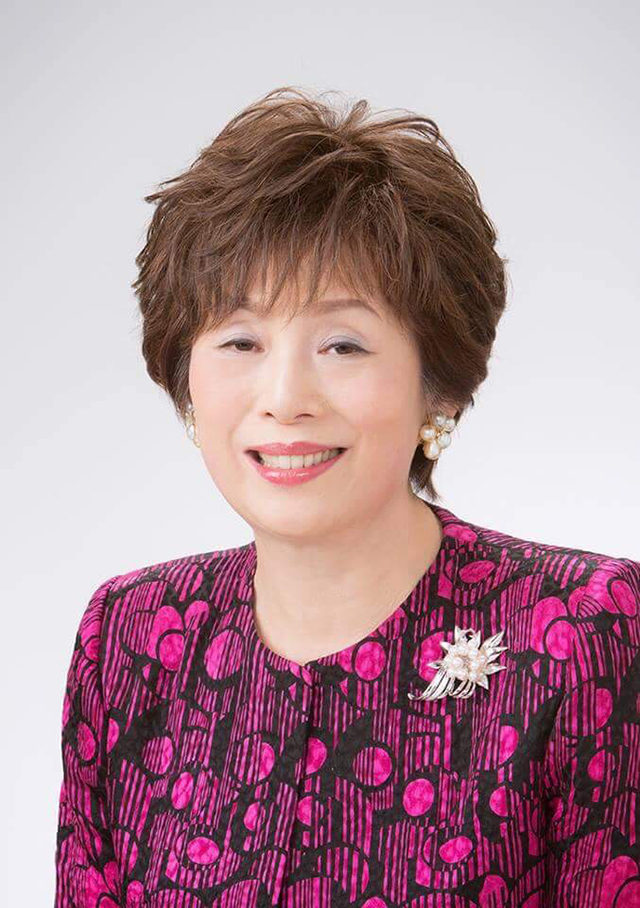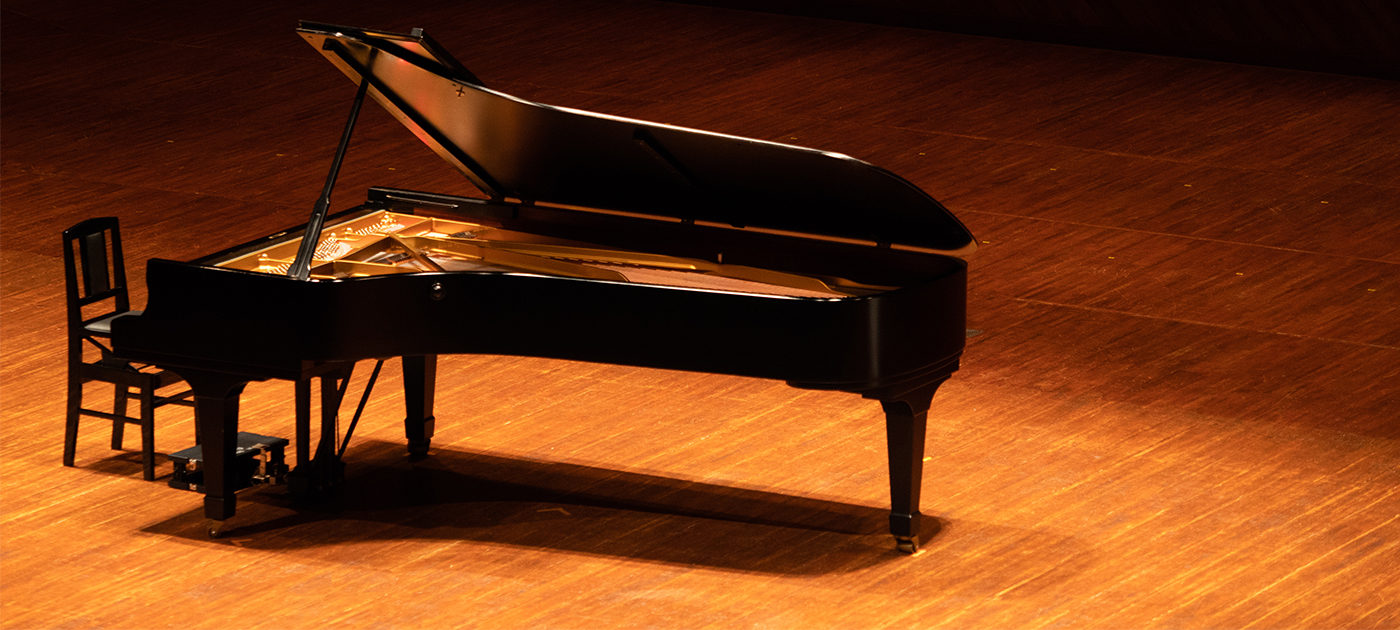Message from the executive chairperson
The aim of this competition is to nurture elementary school students to society people, to experience the joy of playing through the piano, and to nurture a flexible sensibility and a rich human nature that broadly loves music.
Provide learning opportunities to bring out individual possibilities by raising rich expressiveness, music ability, and performance skills to convey emotion, to flatter as a player who can be active internationally in the future, to develop and improve music culture I hope to contribute.
Ishikawa International Piano Competition Executive Committee Chairperson
Yasuko Shouji

Aims and Objectives
This piano competition aims to provide individuals from elementary school students to adults (with no age restrictions) with the opportunity to experience the joy of performing through the piano and cultivate flexible sensibilities and enriched human qualities. By inviting renowned judges from both domestic and international backgrounds, we aim to offer a "learning stage" that brings out the unique potential of each participant, helping them soar as future international pianists from Ishikawa Prefecture onto the global stage.
As the only international competition on the Japan Sea side, this competition serves as a platform where talented young individuals from both within and outside the country can gather, fostering musical international exchange. The primary objective is to contribute to the development and enhancement of music culture not only in Ishikawa Prefecture and the three Hokuriku prefectures but also on an international scale.
Distinctive Features
In the first stage of judging, participants will perform Baroque pieces and études. In the second stage, they will focus on Classical sonatinas and sonatas. For the semifinals (general category), the repertoire primarily consists of Romantic-era compositions.
This approach ensures that participants build a solid foundation in piano performance and thoroughly learn the techniques and styles of each period during the four stages of the competition.
During the final stage, the evaluation extends beyond technical proficiency to include the conveyance of artistic emotions, heartfelt expression, as well as a deep understanding and mastery of the chosen piece.
For any piece they perform, participants are required to give a one-minute speech about their personal "feelings" before playing. This not only enhances their performance but also provides an educational aspect, preparing them for future concert talks and stage etiquette.
In recent years, there has been an increase in participants, including elementary school students, who deliver their speeches in English, showing awareness of international judges.
The "Audience Award" will be given to the performer in the general category who has moved the general judges from the three Hokuriku prefectures the most.
After the award ceremony, participants have the opportunity to receive direct feedback from the judges.

